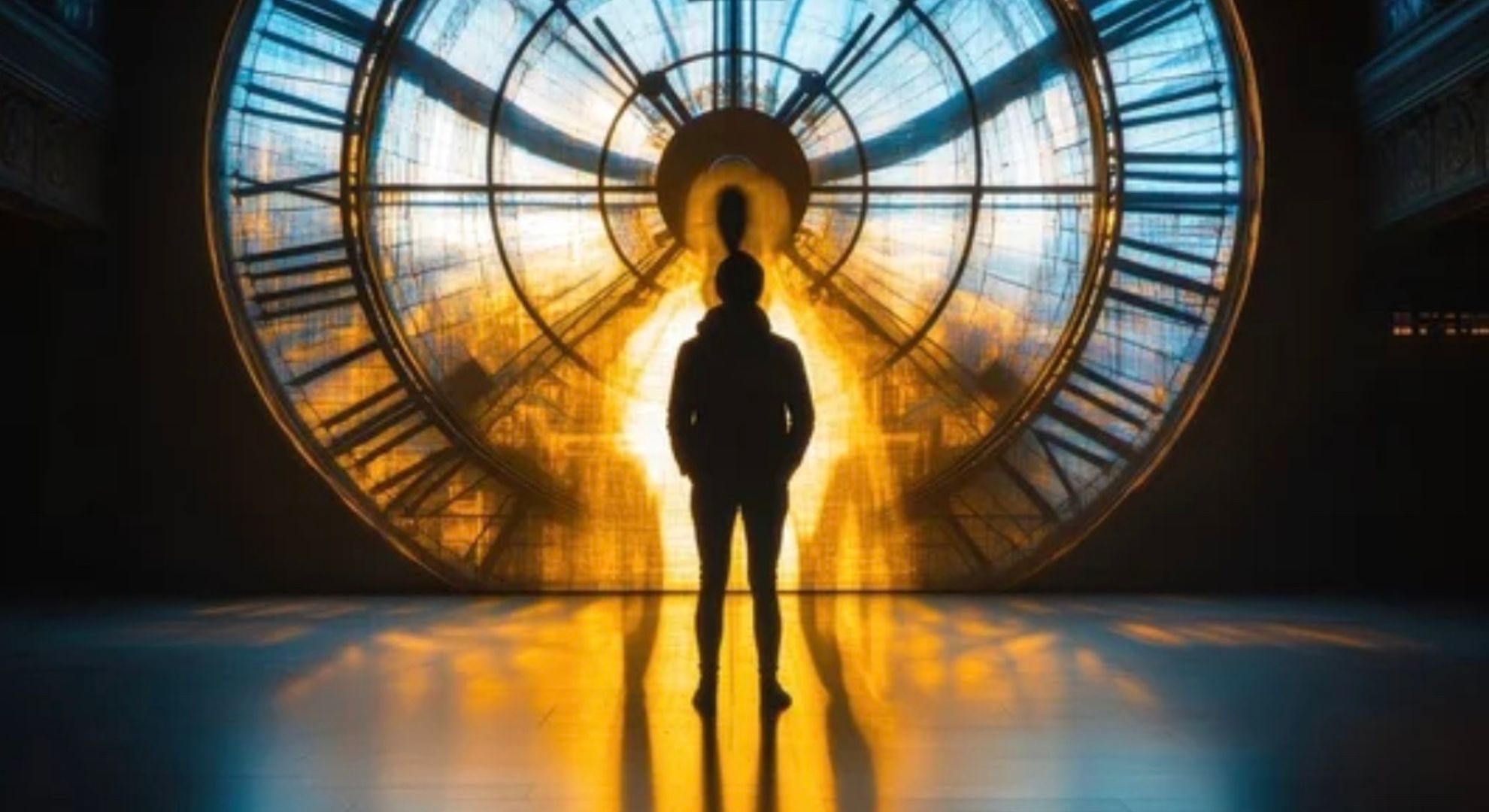Since the Covid-19 pandemic happened, things have changed significantly in life.
Things like virtual setups, the rise of artificial intelligence (AI), and even the state of the workplace and the educational environment have drastically changed, so much so that it seems like we jumped to a totally new timeline in our life. It’s hard to imagine that almost four years have passed since then, and as this decade nears its midway point, many people feel that time is passing by almost imperceptibly.
Related story: How the pandemic distorted our sense of time, according to a psychologist
Numerous explanations and theories were presented by TikToker in an attempt to explain this phenomenon:
The “Era of Phones”
One theory was discussed by Tiktoker Mike Mancusi. He stated that 2020 thrust us further into the digital sphere, making the previous few years seem less natural and more ethereal.
In his widely shared video, he posed the question, “Do you feel like the last four years of your life since 2020 haven’t felt like actual reality?” reflecting on how millennials struggle to remember life before the pandemic, describing it as if it has “been erased from our actual life.”
@mikemancusi Life hasnt felt like reality since 2020 #existentialcrisis #existentialism #existential #2020 #technology #millennials #millennial ♬ original sound – Mike Mancusi
Mancusi claimed that “2020 smashed our existences into our phones,” which has led to a separation from reality, and he ascribes this problem to our increasing immersion in the digital world.
He stressed the significance of putting your emotional health first by putting down your electronics and getting back in touch with the real world.
To restore a sense of reality in our lives, he contends that it is unnecessary to share every moment online and instead promotes looking for genuine experiences.
The ‘Lockdown Age’ theory
Moreover, TikToker @macy.and.mia has also proposed a theory that she calls the “lockdown age,” on Tiktok, stating that “ever since the lockdown happened, everyone should be younger than they are,” based on her personal experience.
Life was placed on hold for a considerable time, making some people feel like they haven’t aged.
@macy.and.mia Teenage adult always x #fy #foryou #viral #lockdown #relatable #fyp #foryoupage #2020 ♬ original sound – Macyandmia
“I do not feel 22. I still feel about 16 or 17,” she remarked, emphasizing how breaking from everyday life has warped her view of maturity.
According to an intriguing study published in 2022, teenagers who experienced the lockdowns had brains that prematurely aged, suggesting possible long-term impacts on cognitive function.
The psychological effects of the lockdown are still having an impact on how we view time and our personal growth as we traverse this post-pandemic environment.
The “Time Perception Theory”
Lastly, our brains experience time differently as we age, according to a theory recently talked about by TikToker Thomas Mulligan, the “time perception theory.” One year makes up much of a child’s life: 50% at age two, compared to 100% at age one. One year makes up only 5% of your life experience by age 20.
@mulligan.tvTime perception theory♬ original sound – Thomas Mulligan
He said, “How our brains perceive time changes throughout our lives.” This knowledge can be startling as 2020 draws nearer to its five-year mark.
Despite being comparable in length, the years between 20 and 25 seem more important than those between 25 and 30. As we age, this viewpoint shift might give the impression that time passes more quickly.
Making life as exciting and engaging as possible is Mulligan’s suggestion. After all, the ordinary routines tend to blend into the background, leaving only the distinctive and unforgettable experiences to be remembered. Perhaps by exploring new experiences and adding value to our lives, we can slow down the passing of time.
While these theories about time distortion since 2020 highlight the impact of disruptions like the pandemic and lockdowns on personal development, it all suggests the need for collective understanding.
Recognizing time distortion and personal growth, emphasizing empathy, and focusing on real-life experiences can mitigate these emotions and support mental well-being. This understanding and focus can reassure us in navigating the post-pandemic world.
Other POP! stories you might like:
How the pandemic distorted our sense of time, according to a psychologist
Another facet of Gen X and Millennial culture takes a bow: Tupperware files for bankruptcy
5 Ways to effectively flex and appreciate your partner
A twisted perception of the LGBTQIA+ community still permeates in our films and movies
You won’t believe how pineapple is used as a ‘dating’ gimmick in Spain
Shakira walks off stage after noticing a fan seemingly ‘filming’ up her dress
Criticism erupts as artist gets incentivized for AI-generated entry in art contest



